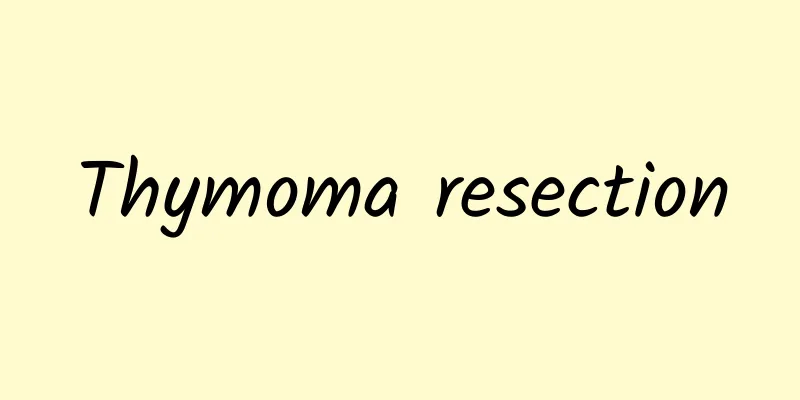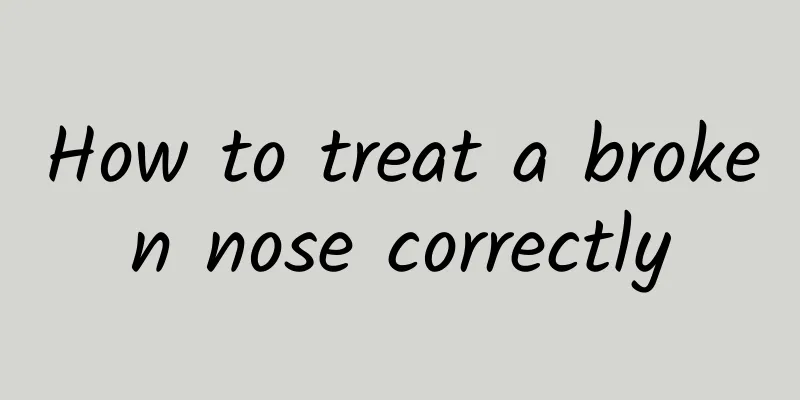Thymoma resection

|
The thymus is a very important immune organ in the human body, and thymoma is the most common disease. It is not easy to detect at the beginning because of its small size. However, as the tumor continues to grow, symptoms such as chest pain, chest tightness, and cough will appear. In this case, surgical removal is required. Thymomectomy is the most typical type of surgery. Let’s take a closer look at thymoma resection. Treatment principles: Thymoma should be surgically removed once diagnosed. Whether benign or malignant, thymoma should be removed as soon as possible. For resected malignant thymoma, a pathological biopsy can be taken to guide postoperative treatment. For those with partial resection, postoperative radiotherapy can relieve symptoms and prolong patient survival. Issues that should be noted during surgery: Isolated benign thymoma without adhesions can be completely removed without difficulty and the operation can be completed smoothly, but the difficulties of surgery in some complex cases must be fully estimated. Malignant thymoma must be explored first to clarify the relationship between the tumor and the surrounding adjacent organs before dissection. Thymoma is located at the bottom of the mediastinum, at the junction of the heart and large blood vessels; malignant thymoma adheres and infiltrates to the surrounding areas; when the tumor grows, adjacent tissues and organs are pushed away, and the normal anatomical relationship is changed; the fibrous connective tissue adheres and thickens, making it difficult to distinguish from the blood vessels, all of which can cause accidental injury to blood vessels during surgery and cause massive bleeding.Indications: Regardless of whether myasthenia gravis is present, surgery should be the mainstay of treatment for thymoma. Preoperative preparation 1. Control lung infections. 2. For patients with myasthenia gravis, an effective therapeutic dose of anticholesterase drugs should be developed. Anesthesia supine position. Endotracheal intubation under general anesthesia. Place a thin pillow on your shoulders and back. Surgical steps 1. Incision: Median sternotomy. 2. After pushing the pleural fold to both sides, the thymus tissue located in the anterior mediastinum can be seen. 3. The lower pole of the thymoma was lifted up, and the surrounding fat tissue was carefully separated from bottom to top and removed in one piece (). 4. The sternum was sutured with stainless steel wire. A drainage tube was placed behind the sternum. The incision was sutured layer by layer. Postoperative treatment 1. Maintain open airway. If necessary, tracheotomy and assisted breathing should be performed as soon as possible. 2. Antibiotics are used to control infection. 3. Aminoglycosides are contraindicated. 4. Continue to use anticholinesterase drugs to treat myasthenia gravis. |
Recommend
What to do if tooth root necrosis
A good set of teeth not only makes eating easier,...
Why are there red blood streaks on the calves?
The main reason for the appearance of red blood s...
What to do if your hair pores are clogged
The harm caused by blockage of hair and pores is ...
What to do if the bee stinger is not removed
If you are accidentally stung by a bee, you shoul...
How to remove moisture from the body
Dampness has a great impact on human health. When...
What is the disease with palpitations, chest tightness and shortness of breath?
In daily life, when it comes to blood pressure di...
Adrenal cortical adenoma surgery
Adrenal cortical adenoma is a disease that can se...
Bloodletting therapy for 46 diseases
In traditional Chinese medicine, bloodletting the...
How to eat Dendrobium candidum flowers
I'm sure everyone is familiar with Huoshan De...
What causes women to have body aches?
For women, if they experience body aches, they sh...
Digestive tract diseases
There are many classifications of digestive tract...
What are the symptoms of excessive stomach fire in babies?
Babies may also suffer from excessive stomach fir...
What ointment should I use for the red spots on the glans?
The red spots on the glans are caused by balaniti...
Is moxibustion good for lumbar disc herniation?
The intervertebral disc is a relatively important...
Why does a root canal hurt?
Everyone has cavities on their teeth to some exte...









